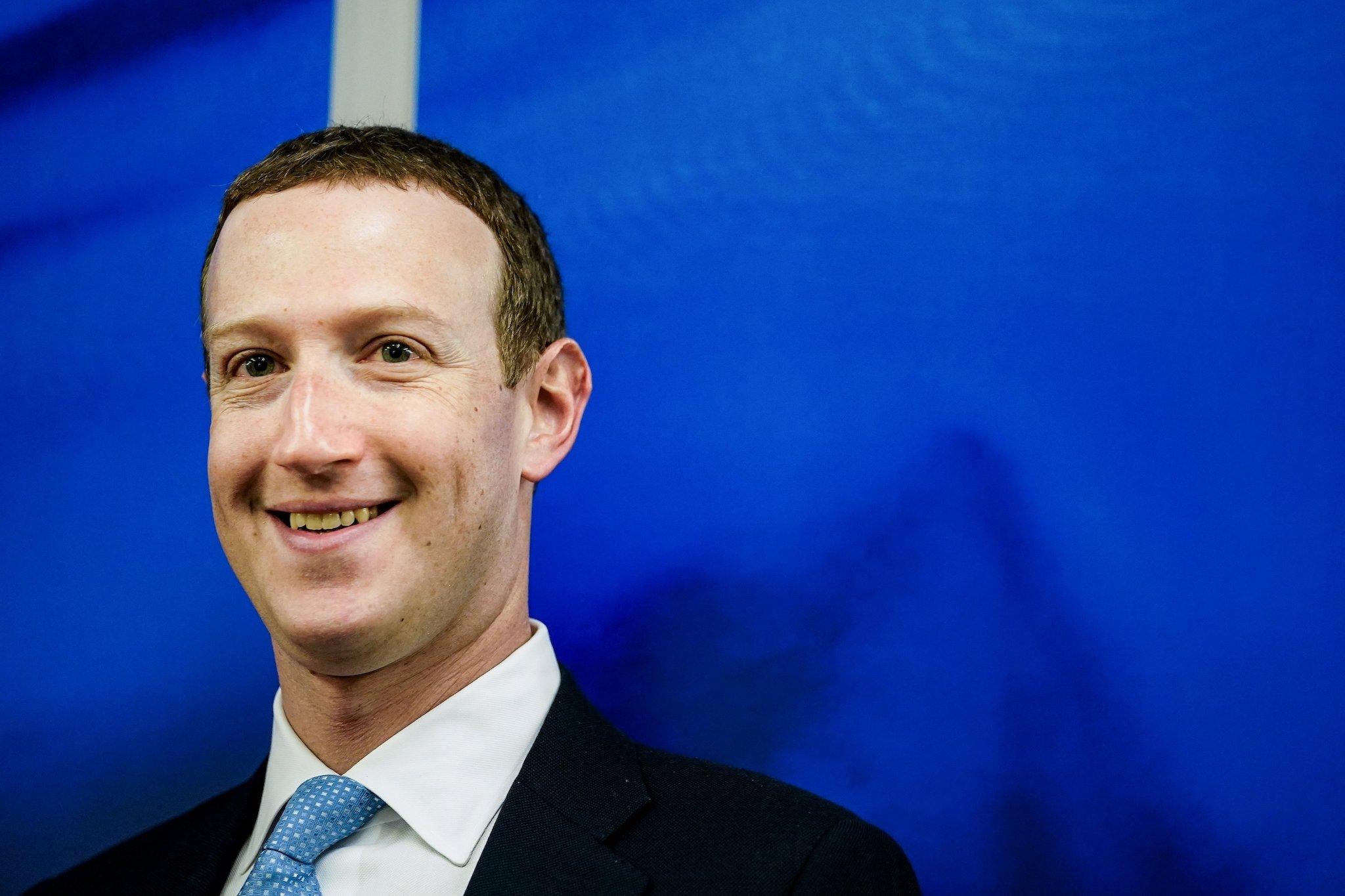Facebook proposes ‘rules for the internet’ as it calls for more regulation for itself
Company says it needs governments to help stop problem content being published on its platform

Your support helps us to tell the story
From reproductive rights to climate change to Big Tech, The Independent is on the ground when the story is developing. Whether it's investigating the financials of Elon Musk's pro-Trump PAC or producing our latest documentary, 'The A Word', which shines a light on the American women fighting for reproductive rights, we know how important it is to parse out the facts from the messaging.
At such a critical moment in US history, we need reporters on the ground. Your donation allows us to keep sending journalists to speak to both sides of the story.
The Independent is trusted by Americans across the entire political spectrum. And unlike many other quality news outlets, we choose not to lock Americans out of our reporting and analysis with paywalls. We believe quality journalism should be available to everyone, paid for by those who can afford it.
Your support makes all the difference.Facebook has suggested “new rules for the internet” as it continues to insist it must be regulated.
The company and other social networks have faced criticism for the kinds of content they allow to be published on their platform.
Politicians and experts around the world have criticised the site over its failure to stop the spread of false stories, as well as misleading political advertising and extremist content.
In recent months, Facebook has argued that the best way to fix those problems would be for regulators to hold social networks to a set of rules, which boss Mark Zuckerberg has argued would be “better for everyone”.
The idea echoes lawmakers’ suggestions that the company should face safeguards that could force it to take more responsibility for problem content, though critics have argued that regulation could further concentrate power in the hands of larger companies which can better deal with the new rules.
Last week, the government published early proposals for new online harms regulation, including placing broadcasting regulator Ofcom in charge of holding internet companies to account should they fail to uphold a duty of care to users.
Facebook has now published its own recommendations for future regulation, including placing more accountability on companies to do content moderation, which it argues will be a strong incentive for firms to be more responsible.
Sharing the company’s guidelines on Twitter, Facebook’s head of global affairs and communications Sir Nick Clegg said: “Facebook wants to work with policymakers to create new rules for the internet.
“We published a White Paper that offers five principles that could frame content regulation, especially outside the US, that keeps the internet safe and protects free expression.”
The guidelines suggest regulations should “respect the global scale of the internet and the value of cross-border communications” and encourage coordination between different international national regulators, as well as look to protect freedom of expression.
In terms of enforcing new rules, the charter also calls on regulators to develop an understanding of technology that still allows tech firms to innovate rather than issuing blanket bans on certain processes or tools, and asks regulators to take into account the “severity and prevalence” of harmful content in question, its status in law, and efforts already underway to address the content.
Writing in the Financial Times, Mark Zuckerberg said the company supported the need for new online regulation even if it damaged Facebook financially.
“I believe good regulation may hurt Facebook’s business in the near term but it will be better for everyone, including us, over the long term,” he said.
“These are problems that need to be fixed and that affect our industry as a whole. If we don’t create standards that people feel are legitimate, they won’t trust institutions or technology.
“To be clear, this isn’t about passing off responsibility. Facebook is not waiting for regulation; we’re continuing to make progress on these issues ourselves.
“But I believe clearer rules would be better for everyone. The internet is a powerful force for social and economic empowerment. Regulation that protects people and supports innovation can ensure it stays that way.”
The social network said it wanted its recommendations to spark further debate about the issue of online regulation, and confirmed it planned to publish more papers on the subject of elections and privacy later this year.
“If designed well, new frameworks for regulating harmful content can contribute to the internet’s continued success by articulating clear ways for government, companies and civil society to share responsibilities and work together,” Facebook’s vice president of content policy, Monika Bickert, said.
“Designed poorly, these efforts risk unintended consequences that might make people less safe online, stifle expression and slow innovation.”
Additional reporting by agencies
Join our commenting forum
Join thought-provoking conversations, follow other Independent readers and see their replies
Comments